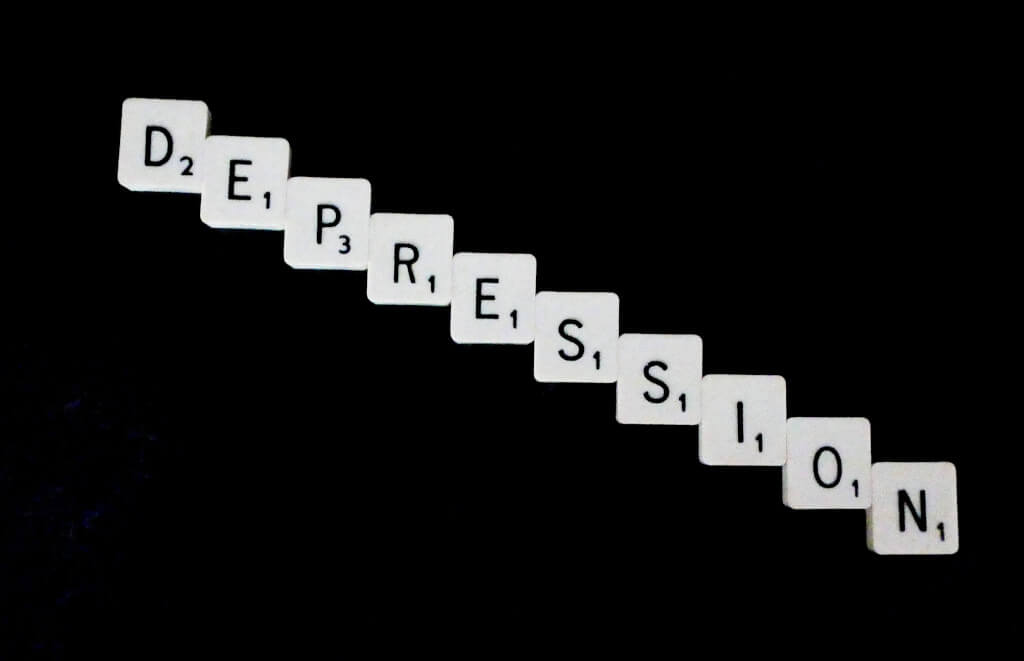Having a bad day or feeling under the weather are only two symptoms of living with depression; the condition is more complex than that. A mental illness known as depression has the potential to slowly take control of a person’s life. And as a consequence of the pandemic, people are living increasingly isolated lives, which contributes to the condition’s growing prevalence.
In accordance with the South African Depression and Anxiety Group (SADAG), 1 in 6 South Africans is suffering from depression. As a result, it is highly likely that you are depressed or know someone who is struggling with depression.
“Unfortunately, there is so much lot of prejudice associated with depression that many folks endure it in silence, unable to share information with their loved ones, much less their doctors,” said Dr. Eugene Allers, a notable psychiatrist. “In addition, a large number of people who suffer from depression believe their emotions are typical, and as a result, they may go years without pursuing the assistance they require.
You should be aware that depression will not disappear on its own, but it can be treated, and you can resurface from nothingness and lead a life that is fulfilled. It is crucial to understand this. Because of this, it is essential to be able to recognize the signs in yourself or others and to actively pursue assistance from an expert.
The Symptoms Might Not Be Very Obvious

Depression manifests itself uniquely in each individual, and its symptoms can take many different forms. If either you or somebody you know has experienced all or some of the symptoms listed for more than two weeks, it is strongly recommended that you make an appointment with your primary care physician.
- Having a sad or tearful disposition. a greater amount than usual.
- Having a sense of hopelessness, particularly regarding the future
- A lack of enthusiasm for participating in typical activities
- Easily agitated and prone to anger outbursts
- You are extremely Lethargic
- Sleep problems
- Having difficulty focusing on things
- Having thoughts of ending your life or killing yourself.
How You Can Be of Assistance
The initial and most crucial thing is to reassure the individual that they are not alone and to help the person in obtaining medical assistance.
Research Helpful Resources and Educate Yourself
There are reliable resources available that can assist you in comprehending the symptoms, causes, and treatment options available. The more you understand, the simpler it will be to get past the common misunderstandings and get treatment for whatever ails you. The webpage Our Mental Health provides a wealth of trustworthy information as well as lifestyle tools that can be used to facilitate the recovery process.
Communication With Someone, Don’t Keep It to Yourself

It will be easier for your loved one to open up to you if you ask them questions that don’t judge them and encourage them to feel acknowledged and secure. A good way to begin is by asking the other person, “Is there something going on that you’d like to talk about?” Avoid becoming impatient with them if they are not willing to talk to you. Always reassure them that you are there for them and ready to help. If you are unable to communicate in person, you can use video chat, text messages, or anything else that is convenient for both of you. Be encouraging, and listen without passing judgment, please.
Encourage Treatment as an Option
It’s possible that some people are reluctant or embarrassed to seek medical assistance. Reassure them that requesting assistance does not indicate that they are weak but rather that they are powerful and ready to move on to the next step in their rehabilitation which is critically important. Help them locate a qualified medical professional, even if it means going with them when they have their appointment.
Offer Assistance With Daily Tasks
It’s easy to feel overwhelmed by even the simplest of errands, such as doing household chores or going grocery shopping. Make an offer to assist in lightening the load, or even better, suggest that you do things together. The companionship will be beneficial for both of you and provide an opportunity to communicate and gain a better understanding of what each other is going through.
Be Compassionate and Patient
It may take some time to heal from depression. Even after undergoing treatment, they will almost certainly continue to experience challenging times. Inspire them to keep trying and not give up. The healing process will progress. Be available for them, offer them faith and support, and try not to become frustrated even if you feel like the healing process is taking too long.
Therapy

There is a treatment that is effective in relieving symptoms of depression, and occasionally a mixture of various treatments will be advised. These treatments can include, but are not limited to the following:
- Medication, including antidepressants (both older and newer versions), mood stabilizers, and anti-anxiety drugs may be helpful.
- Talk therapy, in which a psychotherapist works with a patient to identify and develop more effective coping mechanisms, is one form of treatment.
- Day patient programs that provide emotional support and professional counseling to help patients better manage their symptoms.
It is possible to Emerge From Depression
People who suffer from depression require constant and reliable support from their loved ones, in addition to receiving the appropriate treatment. During recovery, they will encounter obstacles, but they will be able to triumph over those obstacles, find healing, and mature into more resilient and content versions of themselves.
Keep in mind that depression is similar to the Japanese art form of kintsugi, which consists of fixing damaged objects and outlining the mended areas with gold. This is a potent reminder that we can all become whole again and that there is beauty to be found in the difficulties we have overcome in the past.








